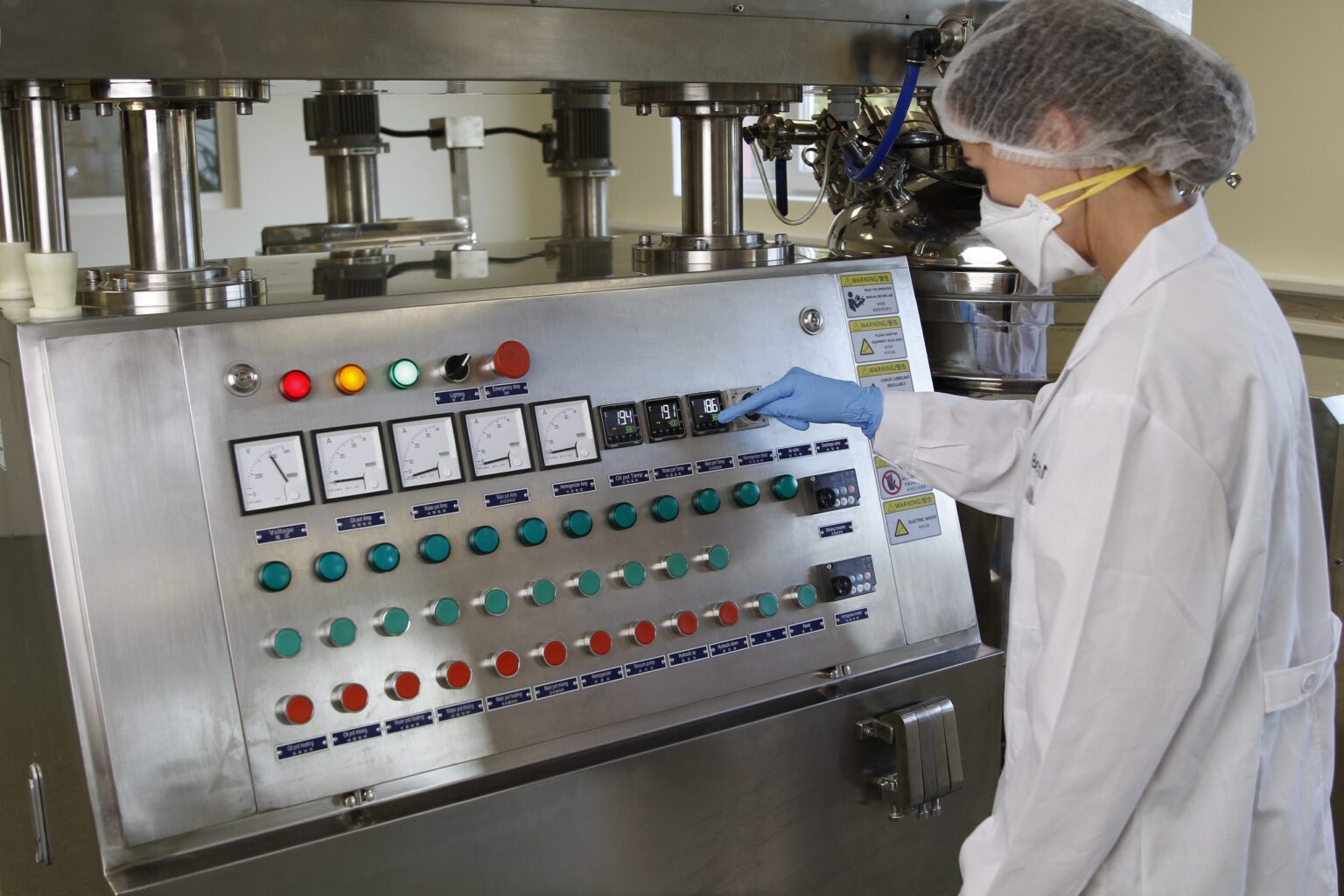In the current rapidly evolving industrial landscape, the convergence of sustainable design and smart technology is reshaping how products are conceived and manufactured. As environmental concerns being center stage, businesses are increasingly aware of their responsibility to integrate sustainability into all areas of their operations. This shift is not only a reaction to consumer demand but also a requirement for sustained viability in a resource-constrained world. The idea of "smart factories" plays a key role in this transformation, where advanced technologies are smoothly woven into the fabric of production processes, resulting in innovative design solutions that prioritize environmental stewardship.
Smart factories utilize robotics, data analytics, and AI to optimize manufacturing processes, reducing waste and enhancing efficiency. This tech-based backbone supports a fresh approach to product design that emphasizes sustainability from the ground up. By leveraging smart technologies, manufacturers can create products that are not only high in quality but also lower in their ecological footprint. This fusion of sustainable practices and cutting-edge technology is driving a new era of manufacturing where the potential for expansion aligns with the necessity of preserving our planet for coming generations.
Merging Eco-friendliness in Design
In the realm of product design and manufacturing , implementing sustainability has become an essential focus for today's factories. Designers are progressively prioritizing eco-friendly materials and processes right from the conceptual stage. By choosing renewable resources, biodegradable materials, and non-toxic chemicals, products can be manufactured with a minimized environmental impact, setting new industry standards for sustainability.
Additionally, the life cycle of a product plays a critical role in its design. Sustainable design considers the complete lifecycle, from raw material extraction up to production, usage, and ultimate disposal. Factories are implementing design strategies that enhance durability and promote repairability, which can minimize waste and prolong product lifespan. This comprehensive approach not only conserves resources but also aligns with consumers who are gradually demanding responsible manufacturing practices.
Cooperation between designers, engineers, and sustainability experts is crucial for effective integration. Leveraging smart technologies can streamline this process by facilitating real-time monitoring of material usage and energy consumption during production. These innovations facilitate adjustments to be made on-the-fly, thus optimizing efficiency and reducing waste. Ultimately, blending sustainable practices with smart technology leads to a more sustainable manufacturing sector that meets the needs of both the planet and consumers.
Smart Technology in Manufacturing
The implementation of intelligent technology in manufacturing is transforming traditional processes into optimized systems. Cutting-edge sensors, automation, and data analytics facilitate real-time monitoring of production lines, allowing manufacturers to adapt promptly to changes and demands. This interconnected ecosystem improves resource allocation and reduces waste, ultimately driving down costs while improving product quality. By leveraging smart technology, factories can attain a degree of precision and adaptability that was once thought impossible.
Additionally, the application of the Internet of Things has additionally transformed manufacturing practices. Machines and equipment can communicate with one another and with main management systems, providing critical data that can be analyzed for ongoing improvement. Predictive maintenance powered by smart sensors helps in predicting breakdowns, minimizing downtime, and increasing the lifespan of machinery. This forward-thinking approach not only boosts productivity but also contributes to a more sustainable production cycle by guaranteeing resources are used efficiently.
The integration of smart technology with sustainable practices in product design and manufacturing encourages a new era of industrial innovation. Factories can now create processes that emphasize environmental responsibility without diminishing on efficiency. By utilizing renewable energy sources, waste recycling, and green materials, manufacturers are not just boosting their bottom line but also committing to a greener planet. This combination between smart technology and sustainable design is vital in defining the future of manufacturing.

Case Studies: Success Stories
An exceptional success story is the implementation of a intelligent manufacturing system by a premier automotive company. By incorporating IoT sensors throughout their assembly lines, they were able to monitor energy consumption in actual time and recognize inefficiencies. This data-driven approach not only minimized their carbon footprint but also enhanced the production process, leading to a significant decrease in waste materials. The company's devotion to sustainable product design and smart technology has resonated with consumers, enhancing their brand reputation and increasing sales.
Another, noteworthy example comes from a furniture manufacturer that adopted sustainable practices through smart technology. By utilizing advanced robotics and AI in their production process, they minimized the use of non-renewable materials while maximizing the use of reclaimed wood. This innovative approach not only preserved the environment but also enabled unique, customizable designs tailored to customer preferences. The synergy of sustainability and smart technology allowed this manufacturer to stand out in a competitive market, illustrating the value of eco-conscious product design.
In conclusion, a worldwide electronics company has successfully merged sustainability with smart technology in the production of eco-friendly gadgets. Their factories employ renewable energy sources and prioritize recycling of materials. By using smart manufacturing techniques, they can design products that are easier to dismantle and recycle, greatly promoting to a circular economy. This initiative not only fulfills consumer demand for sustainable electronics but also establishes a benchmark in the industry, proving that smart factories can lead the way in responsible manufacturing and innovative product design.
